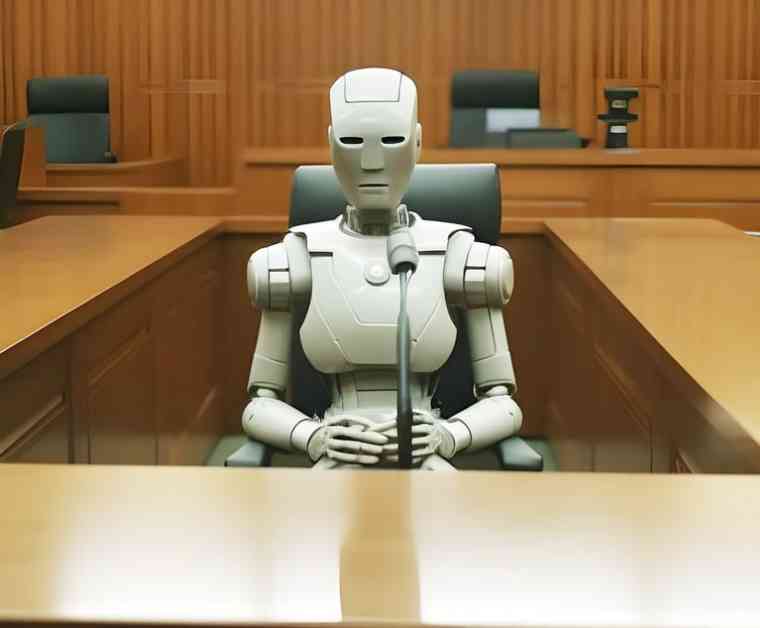Generative AI has been making waves in various industries, offering a faster, cheaper, and clearer way to handle complex tasks. It has caught the attention of clients, attorneys, and law firms, who see its potential in drafting legal documents, creating graphics, and assisting with trial motions. However, despite the hype surrounding generative AI, it is not yet equipped to handle the complexities of civil jury trials.
One of the main challenges of using generative AI in civil jury trials is the diverse audiences involved, each with unique needs. Judges, for example, are focused on maintaining courtroom control, ensuring a clear trial record, and using time efficiently. They require clear, legally sound arguments tailored to their individual preferences and experiences. Generative AI, unfortunately, lacks the ability to adapt to the nuanced needs of judges, making it unsuitable for courtroom use.
Similarly, jurors come from different backgrounds and must understand complex legal concepts to deliver a fair verdict. They rely on emotional appeals, compelling storytelling, and witness credibility to make sense of the evidence presented to them. These are elements that generative AI may struggle to capture, as it often misses the subtleties that make a compelling case.
Client representatives, such as in-house legal counsel or corporate officers, have their own set of goals and concerns during a trial. They may be focused on costs, negotiations, or the overall outcome of the case. Generative AI is unable to provide the reassurance and strategic updates that these clients need, leading to a disconnect between the technology and the human touch required in legal proceedings.
Witnesses, who play a crucial role in presenting evidence and testimony, also pose a challenge for generative AI. From nervous laypeople to compensated experts, witnesses require careful preparation and management to ensure their testimony is clear, concise, and compelling. Factors outside the courtroom, such as emotions, preparation, and cooperation, can greatly impact a witness’s performance, something that generative AI may not be equipped to handle.
In conclusion, while generative AI shows promise in revolutionizing the legal industry, it is not yet ready to handle the complexities of civil jury trials. The technology lacks the ability to adapt to the diverse needs of judges, jurors, client representatives, and witnesses, making it unsuitable for courtroom use at this time. As technology continues to evolve, it will be crucial to consider the human element in legal proceedings and ensure that any AI tools complement, rather than replace, the skills and expertise of legal professionals.























